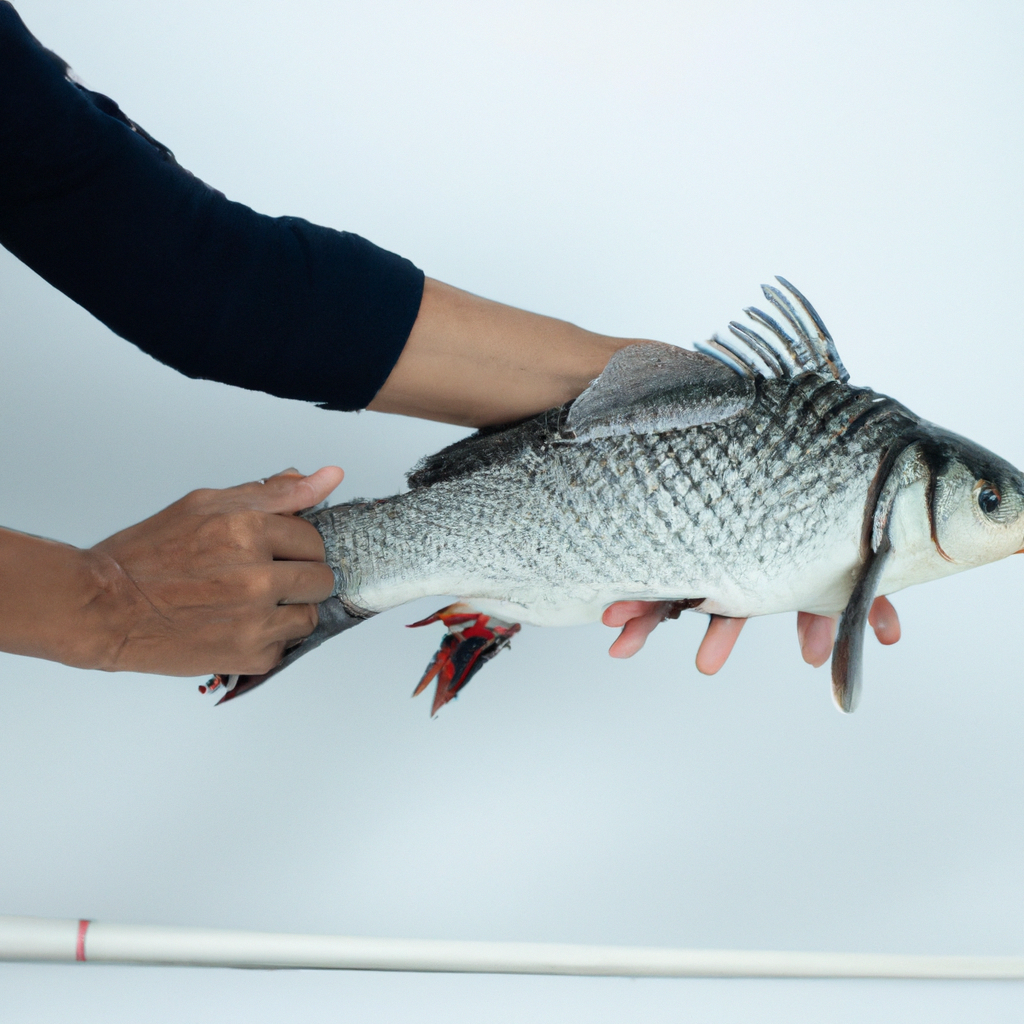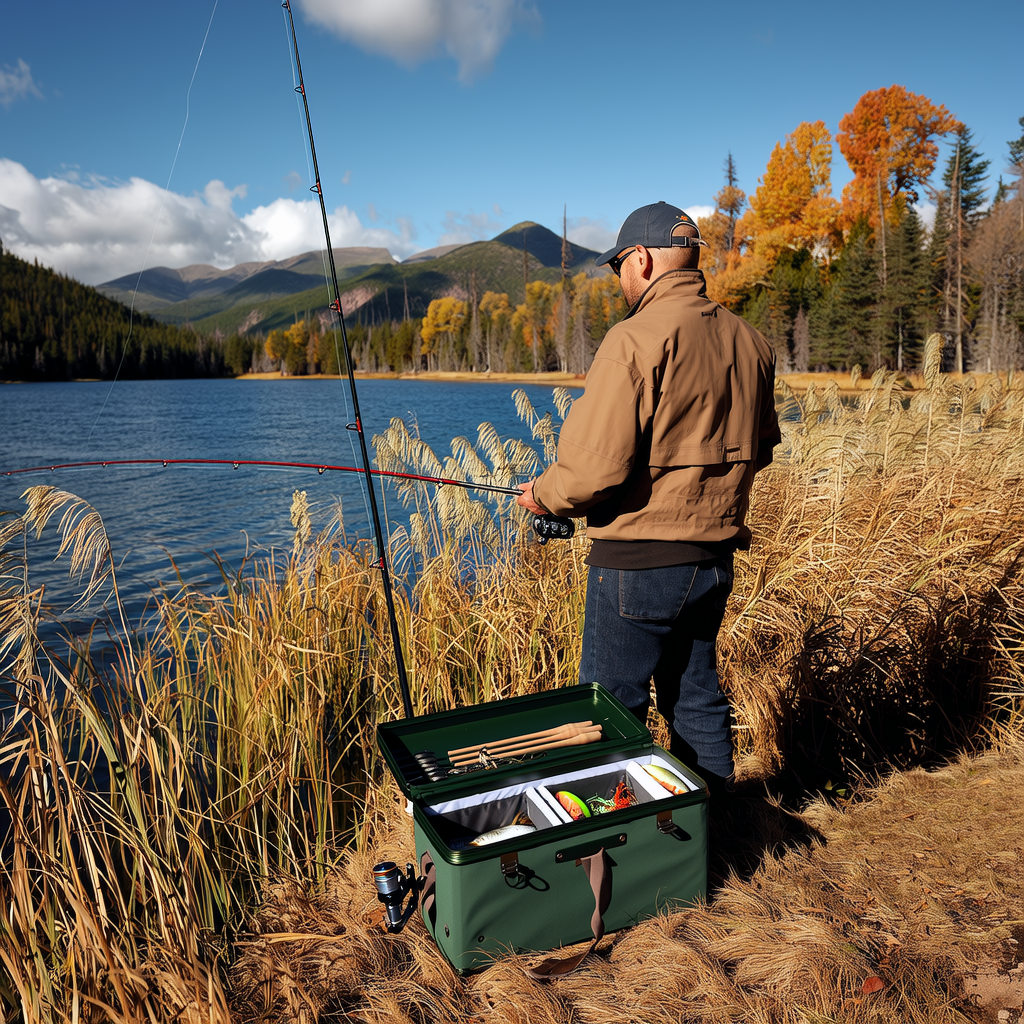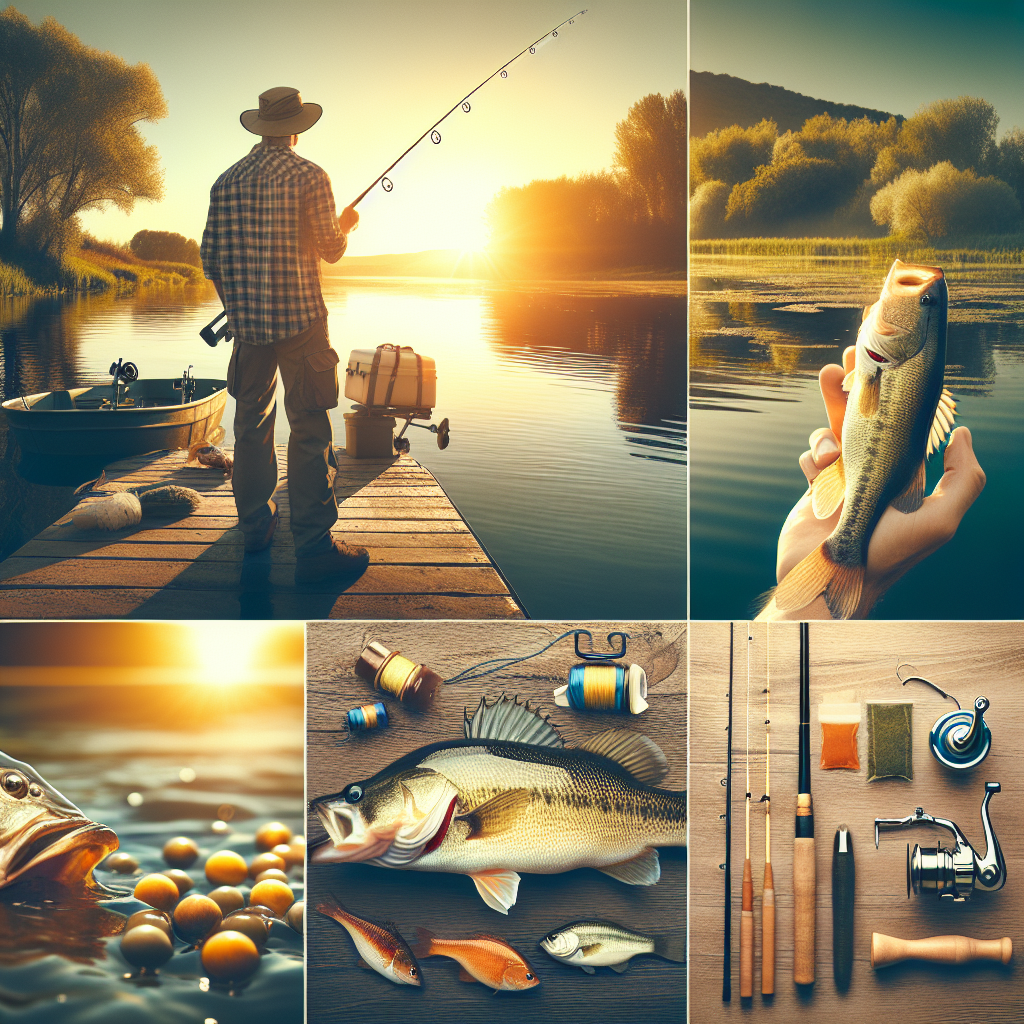Introduction
Fishing is an outdoor activity that people of all ages enjoy. It doesn’t matter if you are a novice or an experienced angler, obtaining a license is important to ensure that you comply with regulations and conserve the environment. This article will give you the information you need to obtain a fishing licence.
Why Do I Need A Fishing License?
Before we get into the requirements to obtain a fishing licence, it’s important to understand why one is needed. A fishing license has several purposes.
- Conservation: Fishing licences help fund conservation initiatives to protect and maintain fish population and their habitats.
- Regulation: Licenses are used by governing bodies to set rules and regulations that ensure sustainable fishing practices, and prevent overfishing.
- Enforcement: Fishing licences allow authorities to monitor and enforce the fishing laws. They promote ethical angling, and prevent illegal fishing activities.
Types of fishing licenses
You will need a specific type of license depending on your age, your residency status, and what type of fishing you intend to do. Here are some types of fishing licences that are common:
1. Resident Fishing License
Resident fishing permits are available to individuals who live permanently in the state or nation where they intend to fish. These licenses can be purchased at a cheaper price than non-resident licenses.
2. Non-Resident fishing license
Non-resident fishing permits are required by individuals who do no permanently reside in the country or state where they intend to fish. These licenses can have different prices than resident licenses.
3. Senior Fishing License
Some states offer discounted senior fishing licenses to individuals over a certain age (normally 65 years and older). These licenses can have additional benefits such as exemptions to certain fishing regulations.
4. Youth Fishing License
These licenses are for young anglers and children under a certain age. (This varies from state to state). These licenses are often offered at reduced rates or for free, in order to encourage young anglers to take up fishing.
5. Saltwater Fishing License
You may need to obtain a saltwater fishing permit if you plan on fishing in saltwater bodies such as the ocean, coastal areas or lakes. This license is required to ensure compliance with saltwater fishing regulations.
General Requirements
There are certain general requirements that are common to all jurisdictions. These requirements typically include:
1. Age restrictions
Individuals over a certain age must obtain a fishing licence. The minimum age requirement varies from one state to another or country to another. Before applying for a fishing permit, make sure you meet the required age.
2. Identification
You will need to present identification to prove both your identity and residence when applying for a fishing licence. Driver’s licenses, passports, and any government-issued identification card are acceptable forms of identification.
3. Social Security Number (SSN).
You may be required to provide your Social Security Number as part of the application process for a fishing license in some states or countries. This is done for identification and tracking.
4. Fishing Safety and Education Courses
In some jurisdictions, completing a course on fishing safety or education may be required, especially for new applicants. These courses are designed to educate anglers about fishing regulations, species recognition, conservation practices, as well as safe fishing techniques.
Specific Requirements
There may be additional requirements or documents required to obtain a fishing licence. These requirements include:
1. Fishing zones and permits
In certain zones or bodies or water, you may need to obtain additional stamps or permits in addition to your fishing license. These permits can be specific to a certain species, season, or location. If you plan to fish in a specific area, check if additional permits are required.
2. License Renewal and Duration
Fishing licenses can be issued for a certain period of time, such as a year or a day. Be sure to know the validity period and the renewal process of your license.
3. Catch Reporting
Anglers may sometimes be required to report the species and quantities of their catch. This information helps the authorities monitor fishing trends and regulations, as well as implement effective conservation measures.
4. Fishing Equipment Restrictions
Some fishing locations or species may have restrictions on equipment, such as hook size or type of bait, or fishing methods. Be sure to familiarize yourself with the restrictions in order to avoid fines or penalties.
How to obtain a fishing license?
The process for obtaining a fishing licence may vary depending on where you live. Here are some general guidelines to help you:
1. Research License Requirements
Research the requirements of your state before applying for a license. To get accurate and current information, visit the official website or contact the licensing authority directly.
2. Complete the Application
You can obtain the application form for a fishing license online or at a local licensing agency. Fill out the form accurately, including all personal information.
3. Gather supporting documents
Collect all the documents you need to support your application. This includes identification, proof of residence, Social Security Numbers (if applicable) and any relevant fishing certificates.
4. Submit an application and pay fees
Submit the completed application along with all supporting documents to your licensing authority. Fees can vary depending on license type, duration and residency status.
5. Get Your Fishing License
The licensing authority will issue you your fishing license after processing your application. To avoid penalties, you must always carry your fishing license when you go out to fish.
Conclusion
A fishing license is a must for any angler that wants to fish legally and responsibly. Understanding the requirements, types, and procedures necessary to comply with fishing regulations will help you contribute to the conservation and protection of fish populations and habitats. Always carry your fishing license and research the local regulations.




